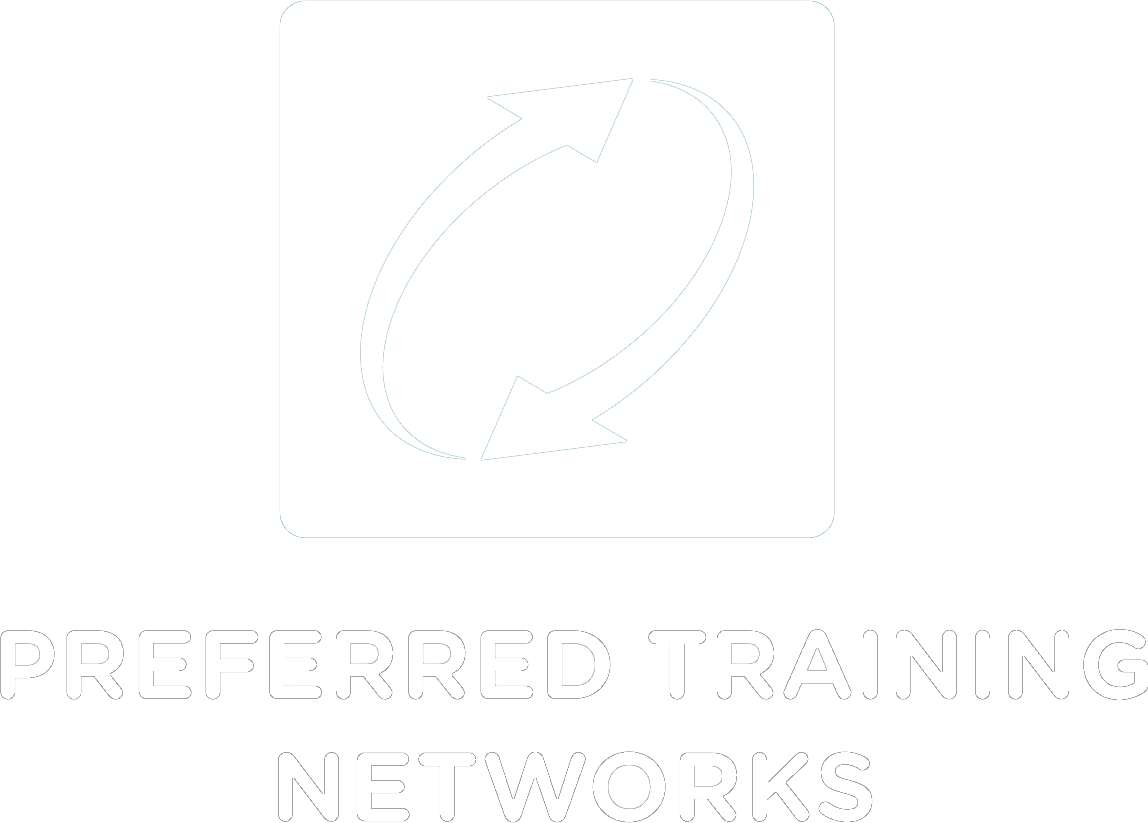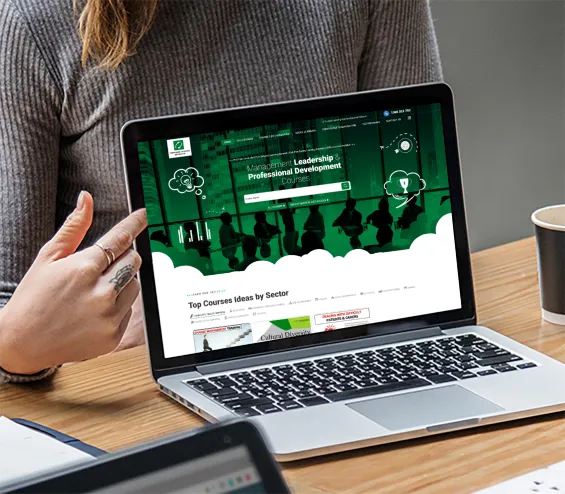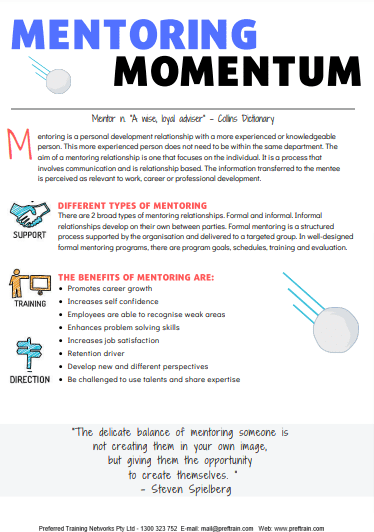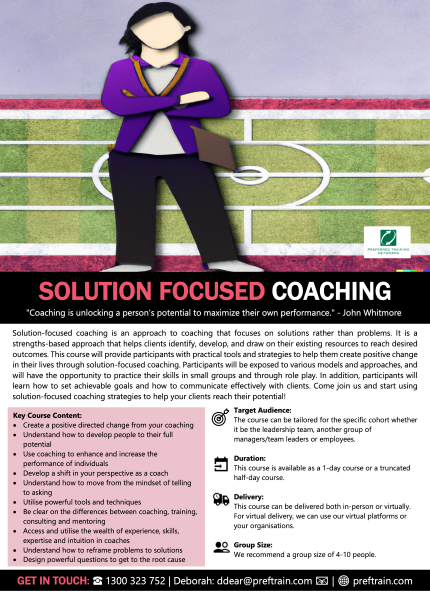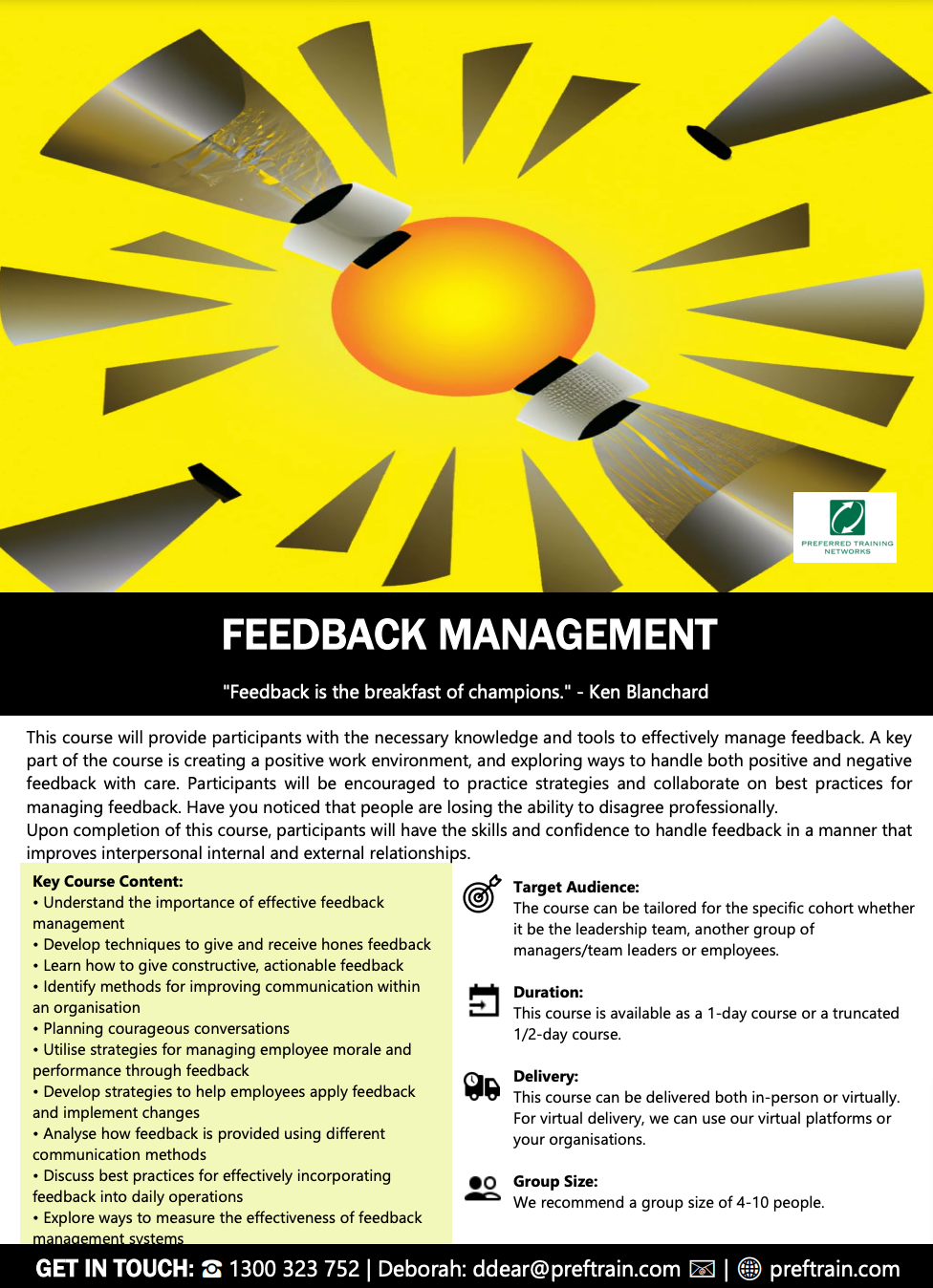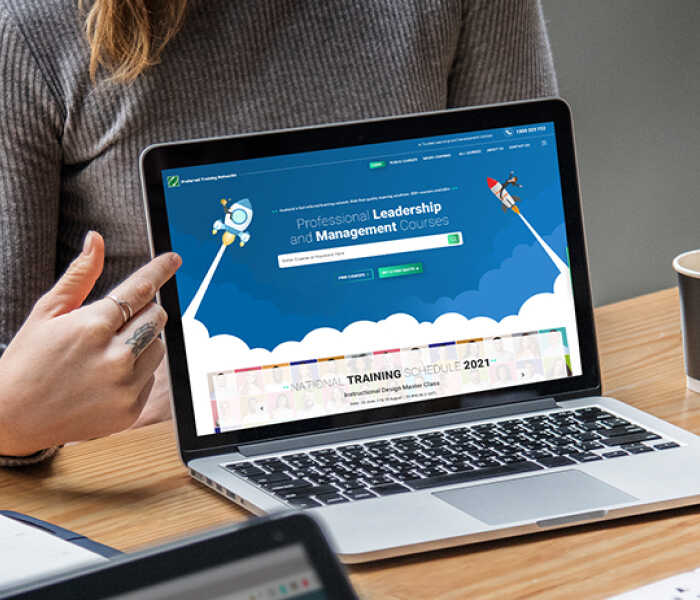Different types of mentoring
There are 2 broad types of mentoring relationships. Formal and informal. Informal relationships develop on their own between parties. Formal mentoring is a structured process supported by the organisation and delivered to a targeted group. In well-designed formal mentoring programs, there are program goals, schedules, training and evaluation.
The benefits of mentoring are
- Promotes career growth
- Increases self confidence
- Employees are able to recognise weak areas
- Enhances problem solving skills
- Increases job satisfaction
- Retention driver
- Develop new and different perspectives
- Be challenged to use talents and share expertise
“The delicate balance of mentoring someone is not creating them in your own image, but giving them the opportunity to create themselves.”
– Steven Spielberg
Proposed Mentoring Approach
| Step 1: Mentor the Mentor and Setting Expectations for Mentees Learning Sessions |
To start your mentoring project, we would recommend a learning session for both Mentors and Mentees. These two sessions would be run separately. Ideally mentors and mentees understand individual roles. Some organisations question the need to prep the mentees. But we would recommend that your initial project does include the mentee workshop too.
|
| Step 2: 90-minute Launch Event |
A 60 – 90-minute launch event creates enthusiasm for the project. This can be a lunch, afternoon tea, after work drinks or some such “gathering” event that you deem appropriate. During this launch event the whole group is introduced to each other. We would ask one of your Senior Leadership team to introduce the program. Our Mentoring Expert would then facilitate a mentoring discussion.
|
| Step 3: Allocation of Teams, Organising Goals and Meetings |
At the conclusion of the facilitated discussion, the mentors and mentees would be paired and spend 30 minutes looking at goals as well as mapping out their meetings moving forward. Our Mentoring Expert is close by to help structure each pairing mentorship plan. The Mentoring Expert also helps each pairing to set standards and expectations.
|
| Step 4: Autonomous Mentor and Mentee Meetings |
Individual meetings usually occur face-to-face. Building a regular mentoring schedule works best (e.g. fortnightly meetings). Speak to your consultant about what logistics work best for you. We can manage the entire project or you may prefer to run part of the project.
|
| Step 5: Conclusion |
A conclusion is very important in a mentoring project. The conclusion includes a project completion date. Without a conclusion the project fizzes out and misses the opportunity of making an impact. We recommend that we design a conclusion that is appreciative of everybody’s inputs. Our conclusion wraps up the key learnings from the mentoring project. Our conclusion also motivates the mentors to nominate as mentors again.
|
Where to from here?
If building a dynamic internal mentoring program is on your radar, please let your consultant know. We can work collaboratively with you to design a world best practise mentoring program
CALL TODAY 1300 323 752 or email us mail@preftrain.com
Mentoring Momentum 4.3 out of 5 based on 35 user ratings.
